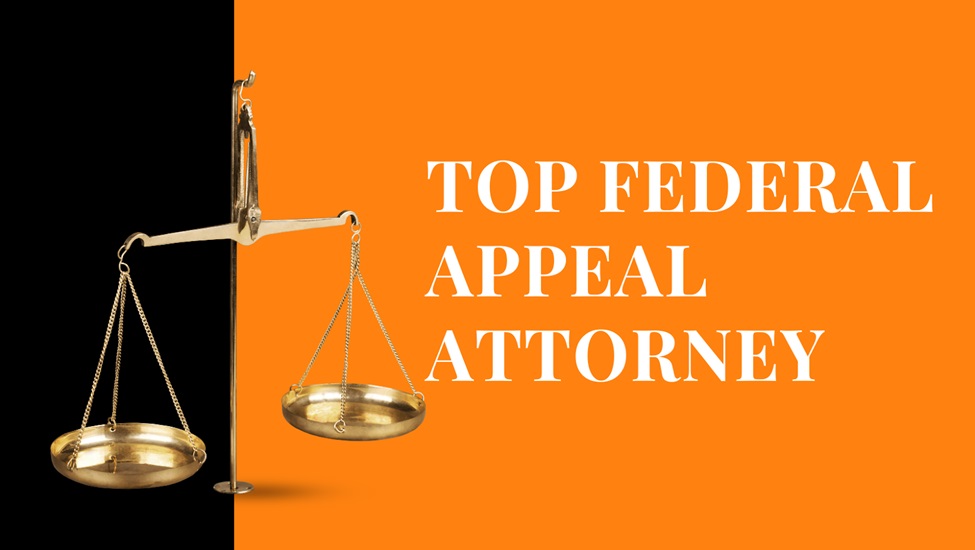When a trial court conveys a decision, it’s not the place to pause for a respondent. A significant part of the time, the decision can be challenged, and there are convincing reasons to do thusly. This article researches why testing a decision from a trial court can be a crucial stage pursuing justice.
Preserving Your Honors
One of the most significant reasons to challenge a decision is to defend your opportunities. As a rule, to challenge a decision can achieve the lack of significant legal opportunities, for instance, the option to appeal the decision.
By testing the decision, you can ensure that your honors are tied down and that you get the opportunity to search for justice. This is crucial on the grounds that, without this entryway, you could be wrongfully convicted or presented to out of line consequences.
Addressing Legal Errors
Trial courts are not flawless, and they can commit errors. Testing a decision allows you to address any legal errors that could have occurred during the trial. This can recall errors for the application of the law, procedural errors, or errors in the admission of verification.
By testing the decision, you can ensure that any legal errors are rectified, and that the trial court’s decision relies upon a fair and exact interpretation of the law. This is essential to ensure the uprightness and reasonableness of the legal system.
Seeking a Fair Outcome
On occasion, a trial court’s decision may not be fair or just. Testing the decision allows you to search for a fair outcome and assurance that the decision relies upon the verification presented at trial. This can be particularly significant in criminal cases, where a ton is on the line, and the consequences of a reprehensible decision can be serious.
By testing the decision, you can ensure that your case is given a fair and unbiased review, and that the outcome relies upon the advantages of the case instead of any coincidental components.
Protecting Your Reputation
A culpable decision can have serious consequences beyond the speedy legal consequences. It can hurt your reputation and impact your ability to find business, secure housing, or get credits. By testing the decision, you can protect your reputation and assurance that you are not unjustifiably stigmatized due to a wrongful conviction. This is crucial to ensure that you can push ahead with your life and not be unjustifiably rebuffed for a wrongdoing you didn’t execute.
Challenging the Decision: An Overview
Testing a decision from a trial court incorporates a couple of stages. In any case, you ought to report a notification of appeal inside a specific period of time, generally in something like 30 days of the decision. Then, you ought to set up a concise that approaches the legal arguments supporting your appeal. This brief ought to be recorded with the appellate court and served on the contradicting party.
The confining party will then get the opportunity to report a response brief, and you could get the opportunity to record a response brief. After the briefs have been recorded, the appellate court will review the trial court’s decision and the arguments presented in the briefs. The appellate court may in like manner hold oral arguments, where the parties have the potential chance to present their arguments in person.
Following considering the sum of the evidence and arguments, the appellate court will give a decision, either certifying the trial court’s decision, exchanging the decision, or remanding the case back to the trial court for additional techniques. This interaction can be confounding and dreary, yet it is essential to ensure that your case is given a fair and serious review.
The Importance of Experienced Representation
Testing a decision from a trial court is an unpredictable and testing cycle, and having experienced representation nearby is essential. Criminal appeal lawyers invest significant energy in appellate law and have the information and expertise to investigate the appellate cycle effectively.
They can help you with identifying legal errors, craft strong legal arguments, and set forth your point of view effectively to the appellate court. This is crucial to ensure that your case is allowed the most ideal chance of progress and that your opportunities are protected meanwhile.
Concluding Remarks
Challenging a decision from a trial court is difficult, however it might be a crucial stage pursuing justice. By testing the decision, you can protect your opportunities, address legal errors, search for a fair outcome, and defend your reputation.
If you are confronting a criminal appeal, it’s essential to search for the help of experienced federal appeal lawyers like Brownstone Appeal Lawyers, who can guide you through the interaction and help you with achieving the most ideal outcome. With their help, you can ensure that your case is given a fair and cautious review and that your opportunities are protected meanwhile.



